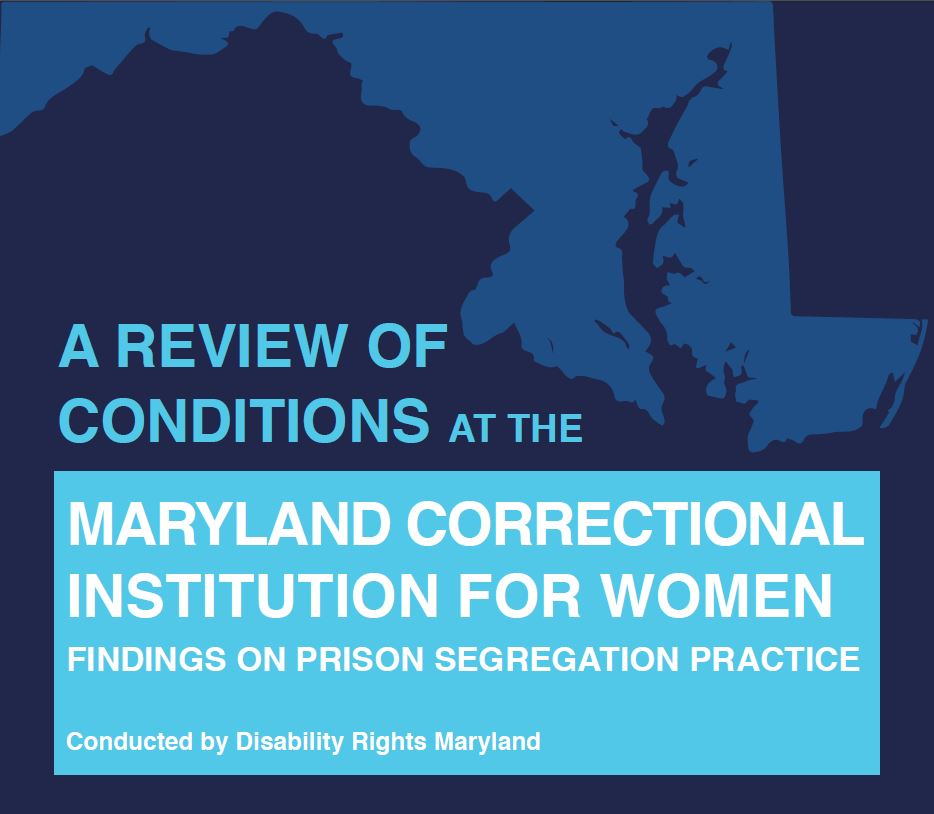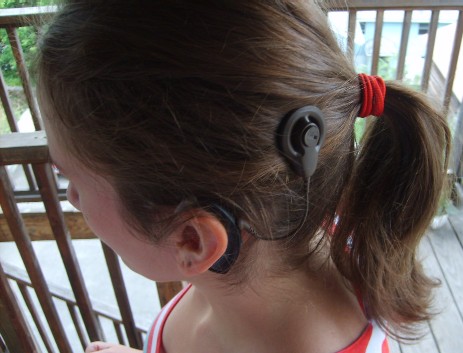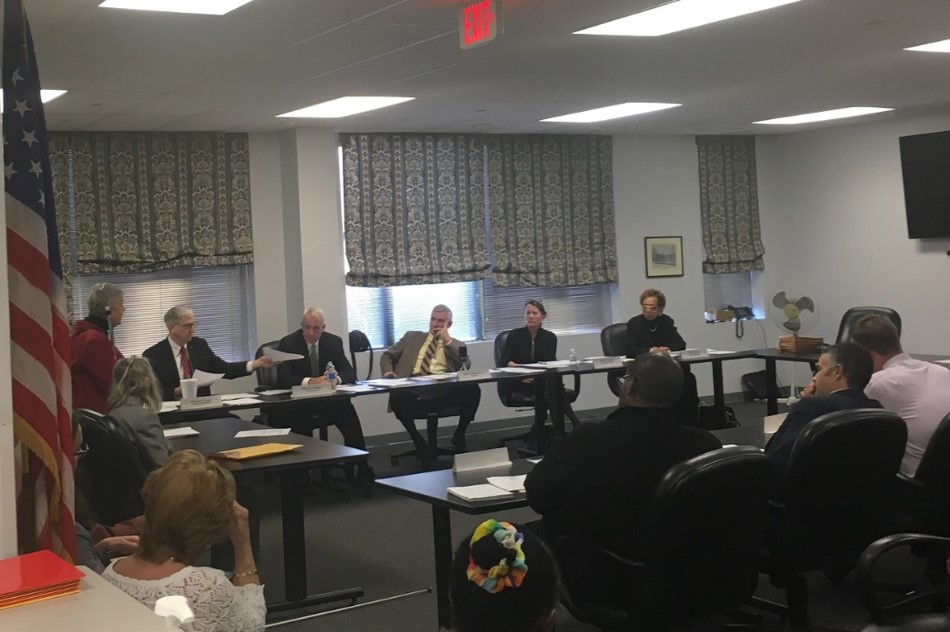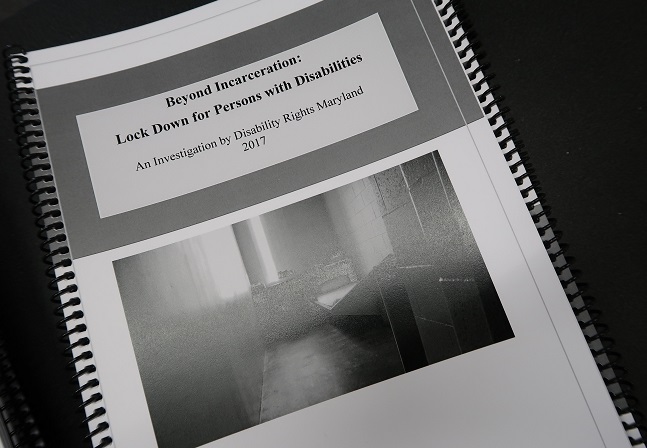12/14/2018
Disability Rights Maryland hosted a Press Conference at our offices today to announce the release of our report, “Segregation and Suicide: Confinement at the Maryland Correctional Institution for Women“ (PDF). The report was completed by DRM and Munib Lohrasbi, a community fellow with the Open Society Institute of Baltimore (OSI).
The report discloses the extreme isolation and harm, or risk of harm, to numerous women with significant disabilities housed in the segregation, infirmary, and mental health units at the Maryland Correctional Institution for Women (MCIW). Conditions in the units varied, but DRM observed problems with access to outdoor and indoor recreation; natural light; mattresses or bedding; insufficient treatment plans; and a lack of confidentiality for health care services. The harm caused by segregation practices is pointedly evidenced by the suicide of a young woman with mental health issues who was incarcerated for a non-violent offense and who took her life while in segregation.
DRM’s investigation, set forth in the Report, finds that MCIW failed to exercise reasonable standards of care during the time period surrounding her suicide. The Report offers recommendations for less harmful and safer correctional practices that conform to professional standards and comply with federal and Constitutional requirements.
DRM’s Director of Litigation, Lauren Young remarked, “The use of segregation in prison – the extreme isolation, the lack of physical and social engagement, sometimes combined with a lack of bedding, clothing, natural light or exercise, are conditions which Maryland has been shamefully slow to reject, especially as applied to individuals with serious disabilities; and compared with other states. We share this information because it is indispensable to the reforms that must come, but which will not succeed if conditions are kept from public consciousness.”
View a recording of the press conference on our Facebook page (embedded below).





